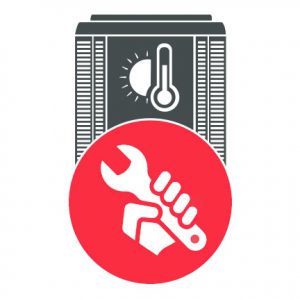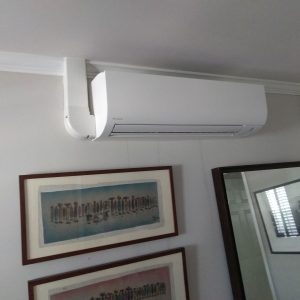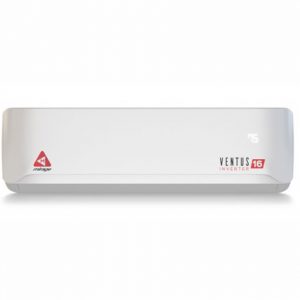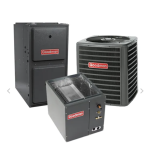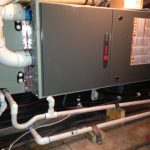Is It Time to Upgrade to a Heat Pump AC & Heating?
Is It Time to Upgrade to a Heat Pump?
As a new homeowner, you want to ensure that your home is comfortable and energy-efficient. One way to achieve both of these goals is by upgrading to a heat pump. A heat pump is a heating and cooling system that works by transferring heat from one location to another. It can be a cost-effective and environmentally friendly alternative to traditional HVAC systems. In this blog post, we’ll explore the advantages of upgrading to a heat pump, the costs involved, government incentives and rebates that may be available, whether a heat pump is suitable for cold climates, and how to maintain your heat pump for optimal efficiency and lifespan.
Advantages of a Heat Pump
One significant advantage of a heat pump is its energy efficiency. A heat pump uses electricity to transfer heat rather than generating it, making it up to three times more efficient than traditional heating methods. This can result in significant savings on your energy bills. Additionally, a heat pump can both heat and cool your home, providing year-round comfort. Another advantage is that a heat pump can reduce your carbon footprint and environmental impact. Compared to fossil fuel sources of heating, a heat pump produces much less greenhouse gas emissions.
Section 2: Cost of Upgrading to a Heat Pump and System Replacement
The cost of upgrading to a heat pump can vary, depending on the size of your home, the type of heat pump you choose, and other factors. However, it is possible to estimate the costs involved. On average, the cost of a heat pump installation can range from $5,000 to $10,000. While this may seem expensive, the long-term energy savings can make it a worthwhile investment. In some cases, upgrading to a heat pump may require a replacement of your entire HVAC system. This can increase the upfront cost but can also result in greater energy savings over time.
Section 3: Government Incentives and Rebates
When considering a heat pump installation, it’s essential to research any government incentives and rebates that may be available. For example, the federal government offers a tax credit of up to 30% of the installation cost for homeowners who install a heat pump. Additionally, some state and local governments may offer incentives or rebates. Financing options may also be available to help offset the upfront costs of installation. Be sure to research these options before making a purchase decision.
Section 4: Heat Pumps in Cold Climates
A common concern with heat pumps is whether they can be used in colder climates with harsh winters. The answer is yes, although the type of heat pump you choose may depend on the climate in which you live. Air-source heat pumps are a suitable option for climates with moderate winters. In colder climates, ground-source heat pumps may be a better choice, as they are more efficient in colder temperatures. Choosing a heat pump over a traditional heating system in cold climates can result in lower energy bills and a reduced carbon footprint.
Section 5: Maintenance and Lifespan of a Heat Pump
Like any HVAC system, a heat pump requires basic maintenance to ensure optimal efficiency and lifespan. This includes changing the air filter regularly, checking for leaks in the refrigerant, and scheduling regular tune-ups with a professional HVAC technician. The expected lifespan of a heat pump can vary, but with proper maintenance, it can last up to 15 years or more. Factors such as usage, climate, and the quality of installation can impact the lifespan.
Section 6: Noise Levels of a Heat Pump
Heat pumps can produce some noise during operation, although the noise level is generally lower than traditional HVAC systems. Proper installation can help minimize noise, as can placing the outdoor unit away from the living spaces. Additionally, choosing a higher quality heat pump can result in quieter operation.
Upgrading to a heat pump can provide numerous benefits for new homeowners, including energy and cost savings, year-round comfort, and a reduced carbon footprint. While the upfront costs may seem significant, the long-term energy savings can make it a worthwhile investment. Additionally, government incentives and rebates may be available to help offset the costs. By researching different options, considering climate factors, and maintaining your heat pump properly, you can enjoy the benefits of a heat pump for many years to come.



